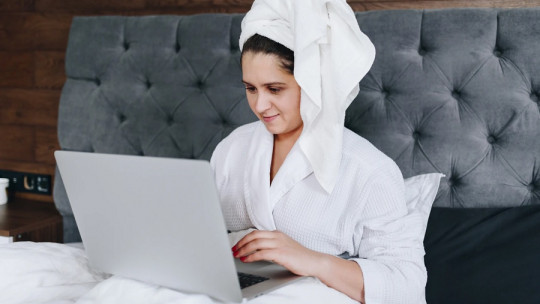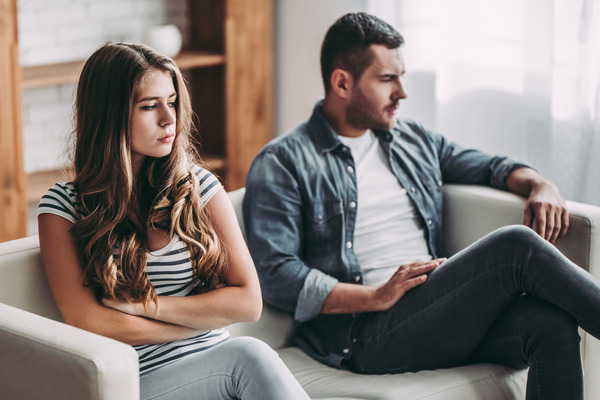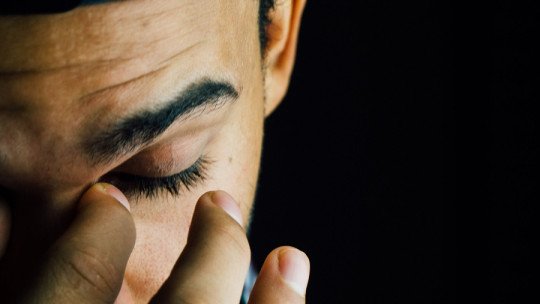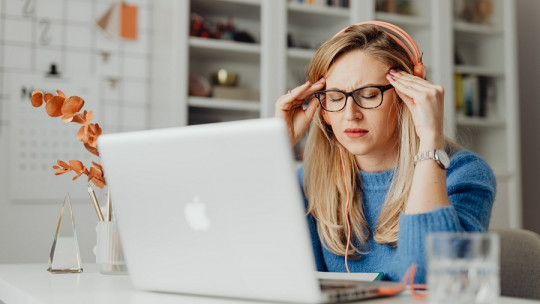
Imagine the following situation of this person that we will call Ana He has an excellent job and a life with many activities; However, for some time now she has felt overwhelmed with so many commitments and pending things to deal with, and she does not know how to handle herself in these situations.
For Ana, the activities occur all at the same time. She does them, at home, at work, in any space and time she can find. There are many times that she fails to fulfill responsibilities and causes problems, until there comes a point where she does not know what to do; She feels distrustful, afraid, and she feels that she will no longer be able to continue with everything.
She starts to cry, she feels frustrated and although she tries to organize herself, she feels nervous, palpitations and thinks that everything is going to start to go wrong.
She believes that this is affecting her interpersonal and relationship relationships, and she doesn’t know what to do. Lately, she feels aggressive, serious and without courage.
The relationship between anxiety and Personal Organization
This fictitious description is nothing more than a simple representation of what we can all feel at some point with day-to-day tasks. Can anyone help and improve all the symptoms? Should the symptoms be treated first and then the organizational capacity? Some could probably give her a hand in helping her, specifically in organizing her time, and perhaps do some of the things she needs until she feels better.
When a person goes to a psychologist, they usually identify and describe their symptoms and general condition. After investigating and carrying out the initial interview, psychological evaluations, You can identify a high level of anxiety and, additionally, determine that you do not have organizational tools in addition to a large number of commitments that can compromise mental and physical health.
Now, the reader must be thinking that the ideal is for her to learn to organize, offering her techniques and tools for time management and organization, so that she is autonomous and feels in control in the face of this avalanche of commitments and the large number of environmental demands, as well as multiple tasks. It is the right thing to do, but this is not enough.
The main objective is that the person learns techniques that allow them to face environmental stress, as well as manage the symptoms that are generated This is why I recommend the development of Combative Coping strategies and Preventive Coping Strategies.
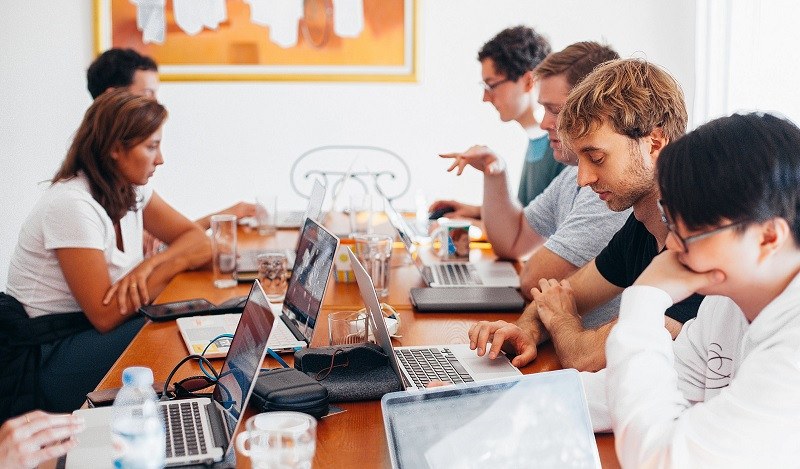
What is Combative Coping and Preventive Coping Strategies?
Combative Coping strategies refer to a reaction to some stressful stimulus and involves suppressing said stress-generating stimuli such as disorganization.
In addition, it is essential that the person learns strategies for organizing tasks and time, as well as structuring and discriminating between urgent and important tasks using the Eisenhower Matrix.
Although this would only be part of what would be done in the consultation: other aspects of anxiety would be evaluated. The objective is for the individual to develop psychological resources with the help of the tools provided to control anxiety. Coping with the situation will consist of learning new organizational habits, and then the individual will perceive that he has control to organize himself
On the other hand, preventive coping strategies refer to coping styles to prevent stressful stimuli from appearing, or help the body respond to them, that is, anticipate and avoid the negative consequences of stress, for example.
The Locus of Control
Here a new concept of great importance arises, the concept of Internal Locus of Control which is the individual’s perception that his or her behavior begins from an internal source.
On the other hand, the External Locus of Control It occurs when the person perceives that the beginning of their behavior originates externally, that is, they do not have control over it. This is important, since depending on whether the person perceives their locus of control, internal or external, the person defines their autonomy and, their subjective perception, feeling more or less empowered.
Keys to personal empowerment
When a person feels empowered, aware of their abilities and with the perception of Internal Locus of Control, anxiety decreases and they feel confident to face it.
The opposite occurs, when the person has a predominant profile of External Locus of Control, they do not even try to make changes because they feel that nothing they do will have an effect, since they think that external events have control over them, feeling that they exceed their capabilities
The role of procrastination
I cannot fail to mention, although briefly, the concept of procrastination, that is, the tendency to postpone the responsibilities or tasks that we had set out to complete.
If the person procrastinates in planned activities, it may be due to several factors: they feel afraid because they think they will not be able to carry out the activity, there is a lack of skills to carry out a task, they have difficulty making decisions, they feel that their creativity is blocked, or its expectation of effectiveness is unreasonable. All of this contributes to the exacerbation of anxiety.
Therefore, Procrastination is another issue to work on when it comes to organizing and controlling anxiety But read me in the next article about this topic.
Trust and take the first step in your organization and control of anxiety.

